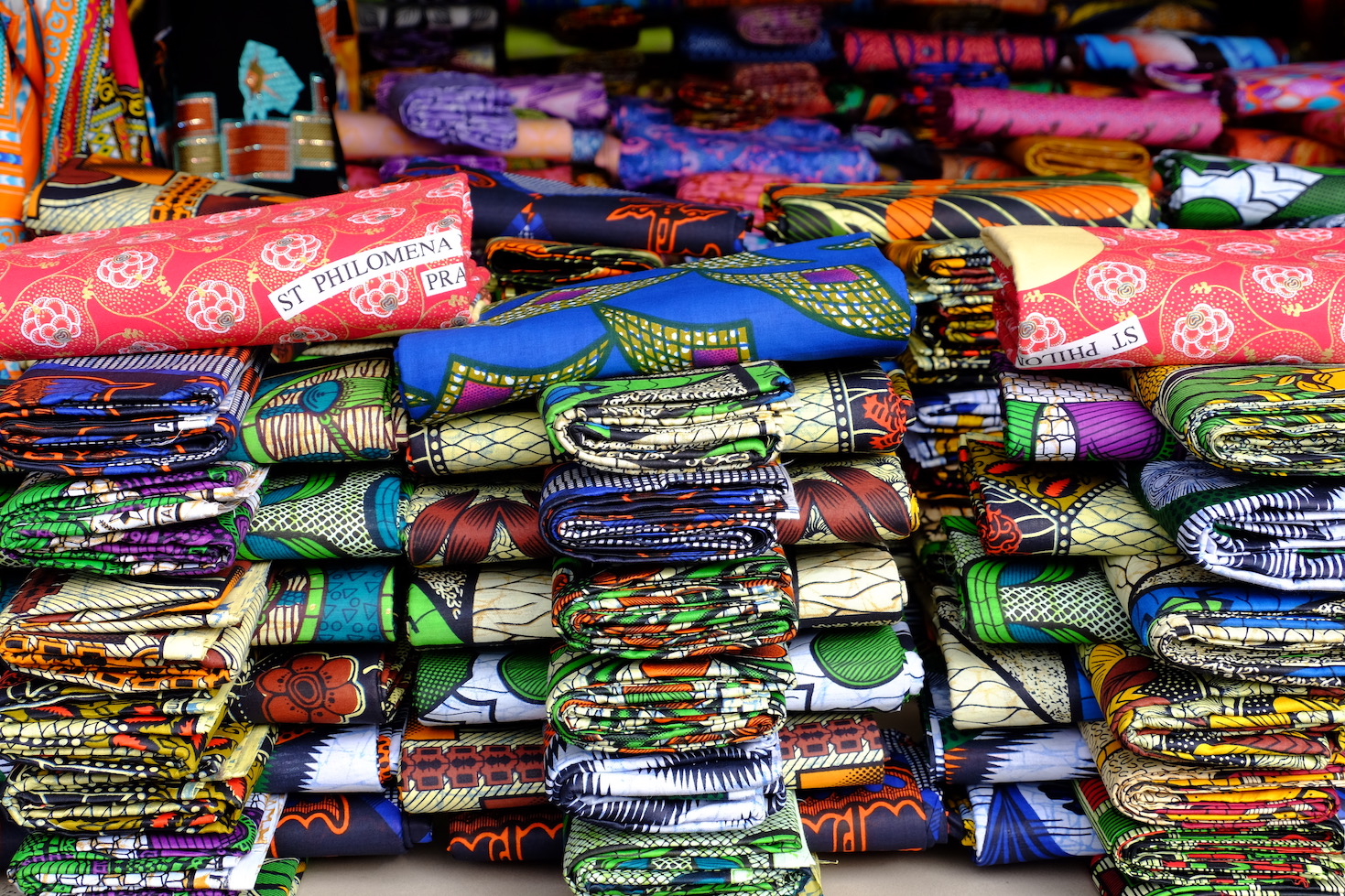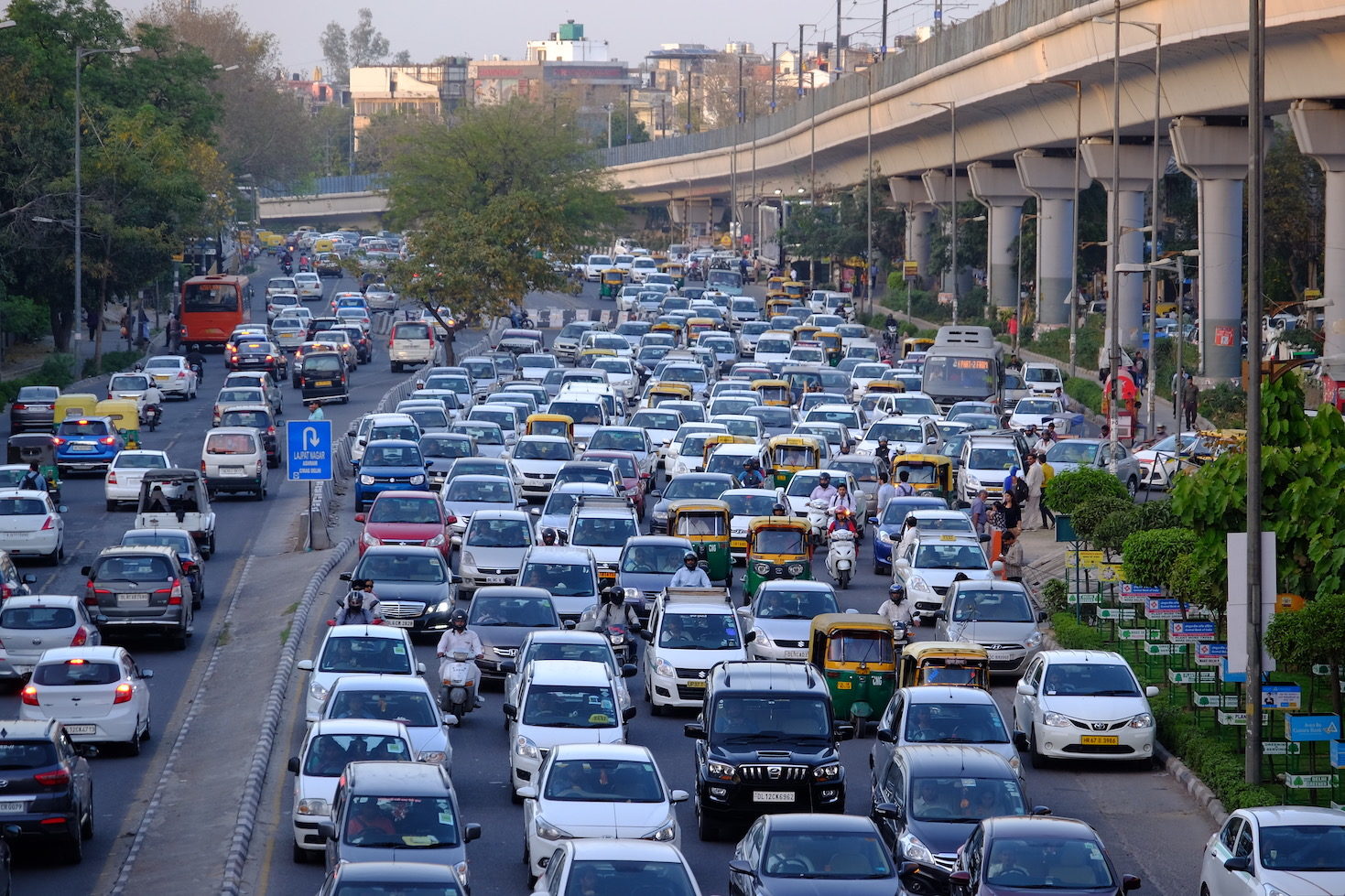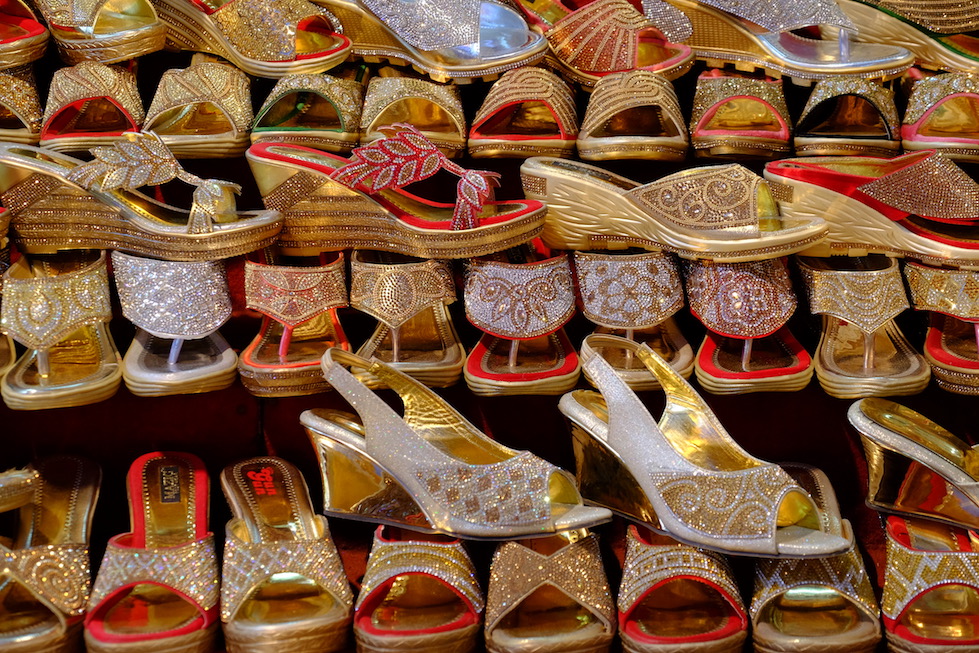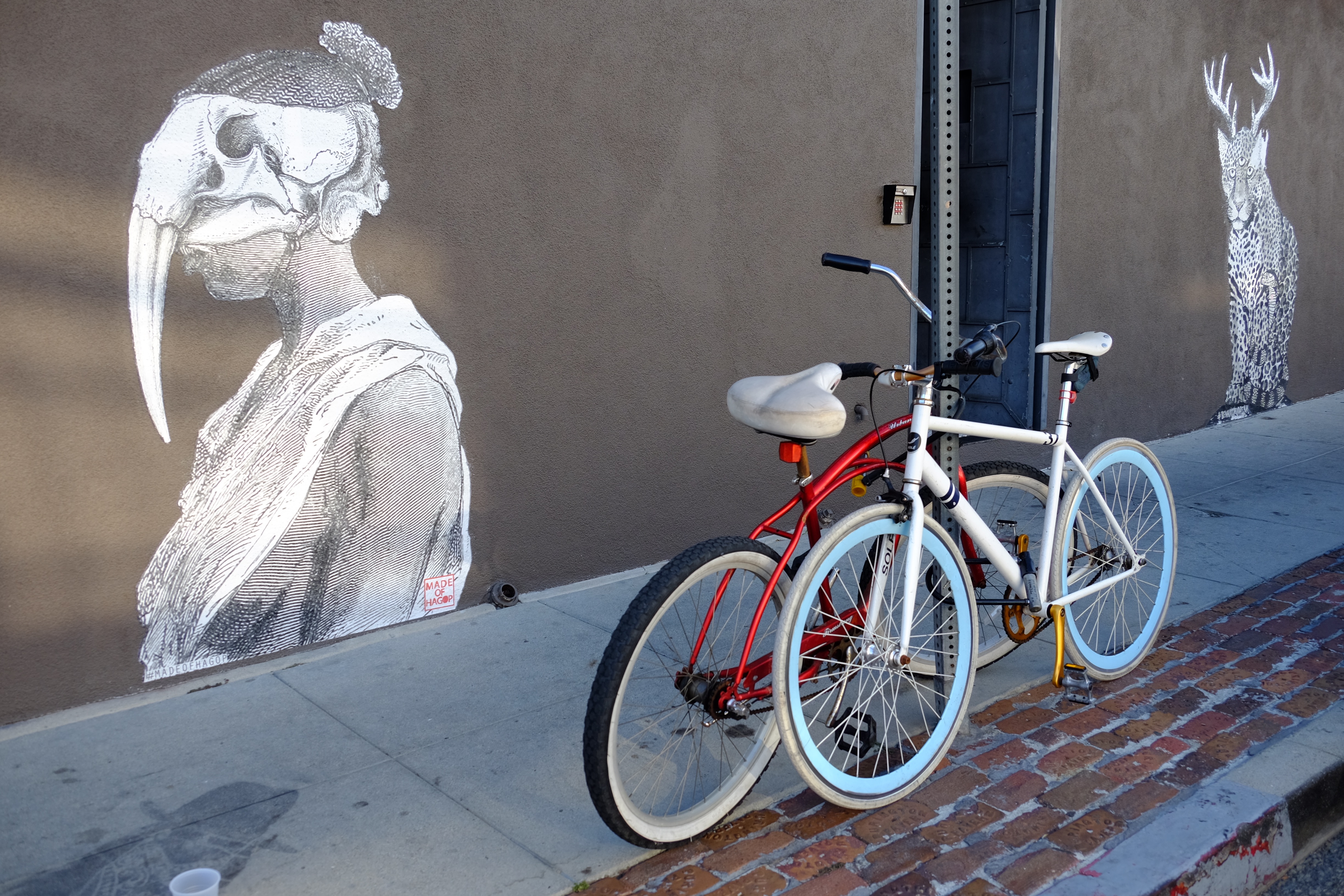(2019) Becoming ‘ghosts’: recalling the impact of urban change on the lived experience of multiculture. Ethnic & Racial Studies, 42 (3): 387-394.
This review focuses on the contributions of Neal et al.’s book Lived Experiences of Multiculture. I examine their focus on the implications of place in encounter, and their reference to the importance of competencies and reflexivity. While much has been written on these fields, their granular ethnography reveals points of conviviality in the grounded socio-spatial relations of diversity in sites that blur the boundaries between public and private: parks, chain cafes, leisure groups, and schools. However, while spaces of hopeful encounter clearly exist, the complexity and pain of these processes and the power relations that underpin them, particularly under conditions of urban transformation, require further exploration. Therefore, I would argue for an extension of this work to incorporate an account of belonging that allows for the impacts of urban transformation, the power relations inherent in these processes, the need for more interdisciplinary engagement in the field of intercultural competence, and the need to ensure our analysis of diversity and encounter does not stray too far from a focus on conflict.



